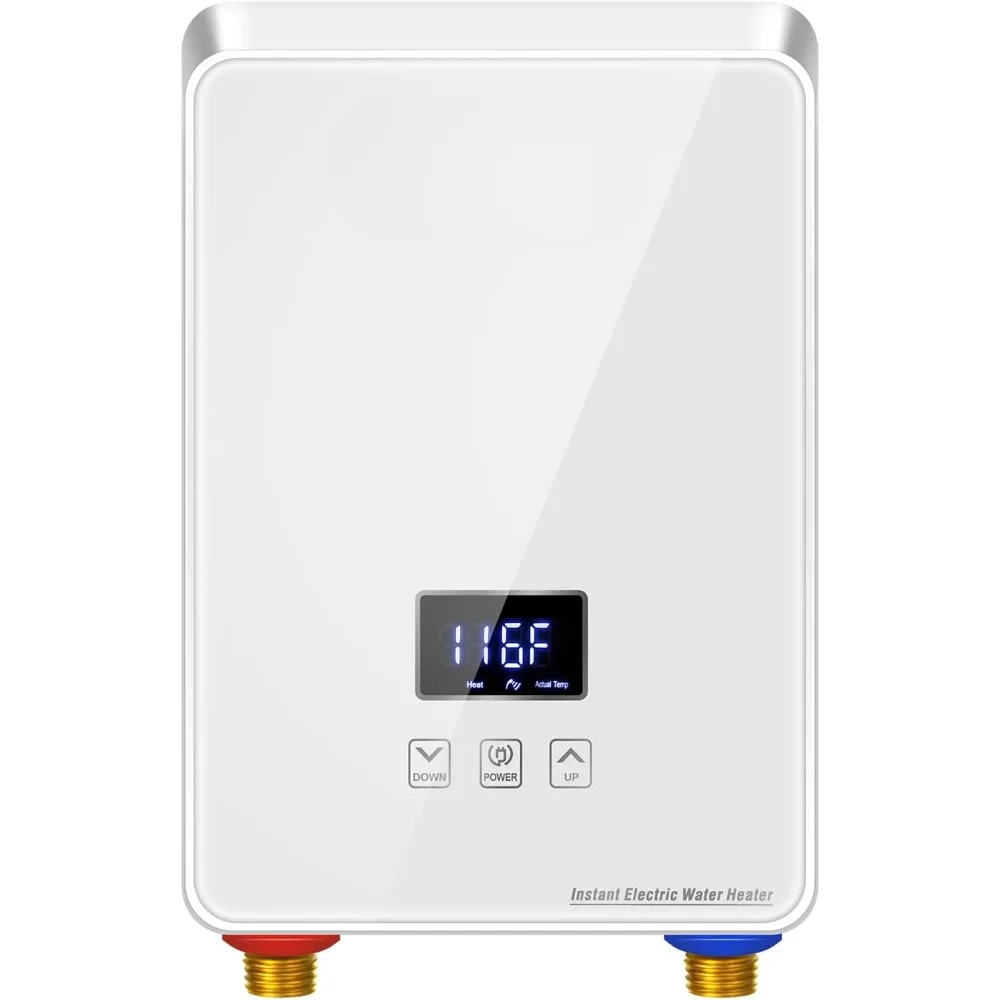In today’s world, where efficiency and sustainability are becoming significantly more important, the need for modern technologies in our homes is at an all-time high. One of the emerging solutions in the landscape of home utilities is the tankless hot water heater. This innovative technology provides a myriad of benefits suited for modern living, making it a viable option for homeowners looking for efficiency, convenience, and sustainability. In this article, we will explore the advantages of tankless hot water heaters, their cost-effective nature, and overall environmental impact, among other vital considerations.

Understanding What a Tankless Hot Water Heater Is
Before delving into the advantages of tankless hot water heaters, it is essential to understand how they work. Unlike traditional water heaters that store a certain volume of hot water, tankless water heaters, also known as “on-demand” systems, heat water directly without the need for a storage tank. When you turn on a tap, cold water will travel through a pipe into the unit. A gas burner or electric element then heats the water as it flows through the heater. This means you receive an essentially limitless supply of hot water, which is significant for households that prioritize constant hot water availability.
The demand for hot water varies from household to household. In a traditional setup, the tank size can limit the flow rate, causing waiting times when multiple fixtures require hot water at the same time. By contrast, tankless systems can deliver hot water continuously, addressing the issue effectively. This characteristic is especially advantageous for large families or households with high hot water needs, such as multiple bathrooms or laundry facilities. The on-demand nature of these heaters also implies less wasted energy since they only heat water when needed, promoting energy efficiency—a primary selling point for many homeowners.
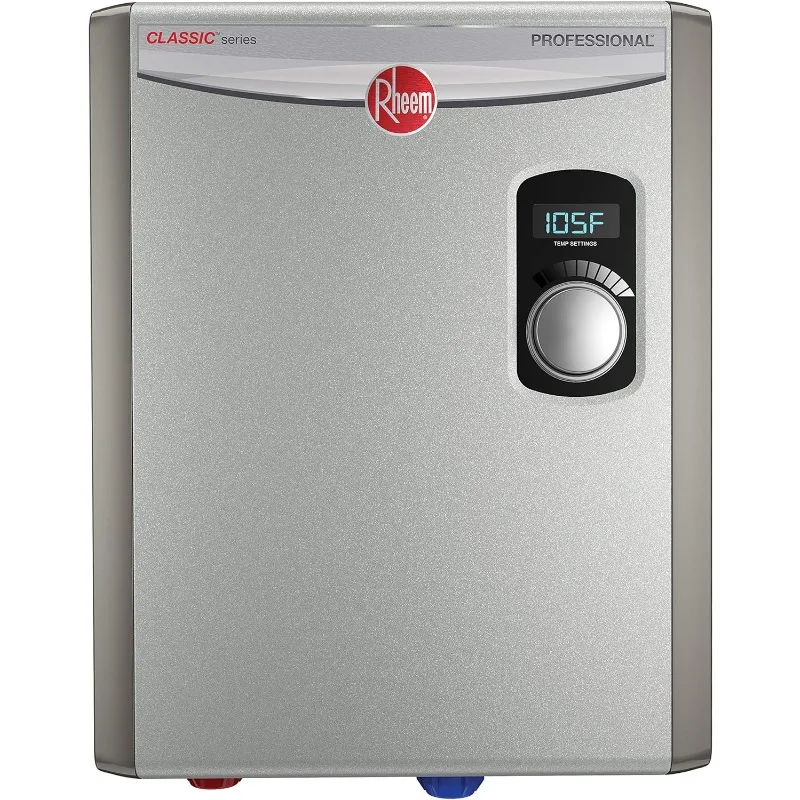
Energy Efficiency and Lower Utility Bills
One of the primary reasons why you should consider a tankless hot water heater for your home is the energy efficiency they offer. Traditional water heaters continually heat water, even when you’re not using it, to keep reserves ready. This process, known as standby heat loss, leads to wasted energy and inflated utility bills. Conversely, tankless models eliminate this waste by heating water only when it is needed. Various studies indicate that homeowners can save anywhere between 30% to 50% on energy costs by switching to a tankless system, leading to a significant long-term financial impact.
Additionally, the energy efficiency of tankless water heaters contributes to lower carbon footprints, benefiting the environment. By reducing reliance on fossil fuels and decreasing energy consumption, you are making a sustainable choice for your home. Many governments and energy organizations recognize the importance of these systems and have begun offering rebates and incentives to homeowners who make the switch. This financial assistance can help alleviate the initial installation costs, making it even more financially favorable over time.
While the upfront costs for tankless systems can be higher than that of traditional tank heaters, the long-term savings on utility bills greatly balance this out. Furthermore, with a life expectancy of 20 years or more, compared to 10 to 15 years for a traditional heater, tankless systems often pay for themselves over time. Therefore, if you are looking for a long-lasting, energy-efficient solution that will save you money in the long run, a tankless hot water heater is worth considering.
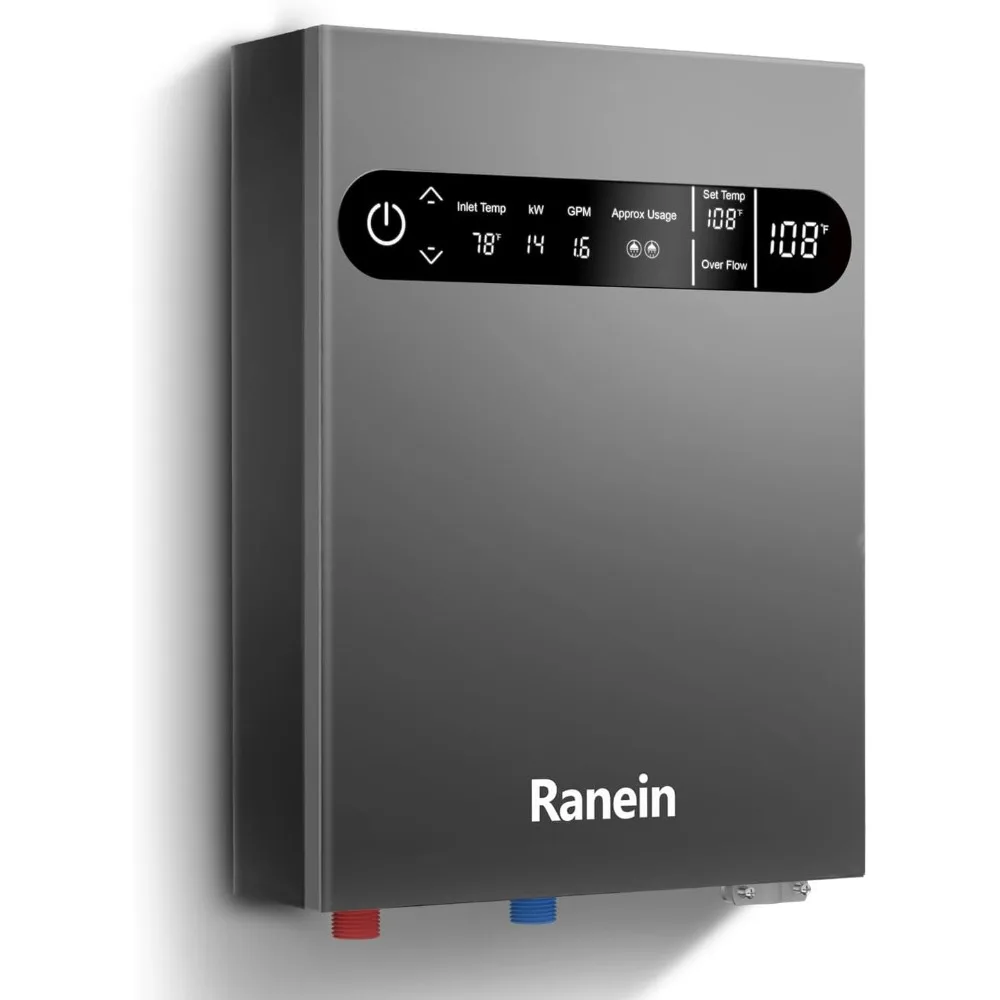
Space-Saving Benefits of Tankless Systems
Another reason to consider a tankless hot water heater is the substantial space-saving benefit they offer. Traditional heaters require significant space to accommodate their large tanks, often resulting in bulky installations that can occupy a sizable amount of floor area. In contrast, tankless models are compact and can be mounted on walls, tucked away in closets, or installed outdoors, freeing up valuable space in your home. This is especially beneficial for smaller homes or apartment living, where maximizing square footage is crucial.
Moreover, the ability to install tankless units in more flexible locations opens up different possibilities for your home design. Homeowners can install tankless systems closer to the points of use, leading to reduced wait times for hot water at distant sinks or showers. This not only enhances convenience but also boosts energy efficiency since hot water does not need to travel long distances through pipes, losing heat along the way. If you live in a multi-level home, having several tankless heaters can enhance your ability to draw hot water from multiple sources simultaneously.
The compact design of tankless systems allows for better integration into your home’s layout without sacrificing aesthetics or convenience. In many cases, tankless systems can blend seamlessly into existing decor without needing extensive renovations, allowing homeowners to update their homes while still maintaining functionality. Thus, if you are looking to optimize space and reduce clutter while sustaining hot water needs, a tankless hot water heater may be the perfect solution for your home.
Long-Term Reliability and Durability
Durability is another compelling factor to consider when exploring the advantages of tankless hot water heaters. These systems often utilize high-quality materials such as copper and stainless steel, which are more resistant to corrosion compared to conventional water tanks. This extended durability means that homeowners can expect their tankless systems to last longer, often up to 20 years or more. This extended lifespan is not only beneficial in terms of the reduced need for replacements but also lowers the overall cost of ownership over the years.
Furthermore, tankless systems require less maintenance than traditional heaters. Because they do not hold standing water, the risk of sediment buildup—a common issue in tank-based systems—is significantly reduced. This aspect means that homeowners can expect fewer mechanical issues and less frequent servicing. While periodic maintenance, such as descaling, is still required, it is generally less extensive compared to the complete flush that is often necessary for traditional systems.
When weighing the options for home hot water solutions, understanding the reliability of the technology can significantly influence your decision. The combination of long life expectancy, lower maintenance needs, and resistance to wear and tear contribute to the overall effectiveness and reliability of tankless heaters. Considering all these aspects, investing in a tankless hot water heater can provide peace of mind in knowing your hot water system will reliably serve your needs for years to come.
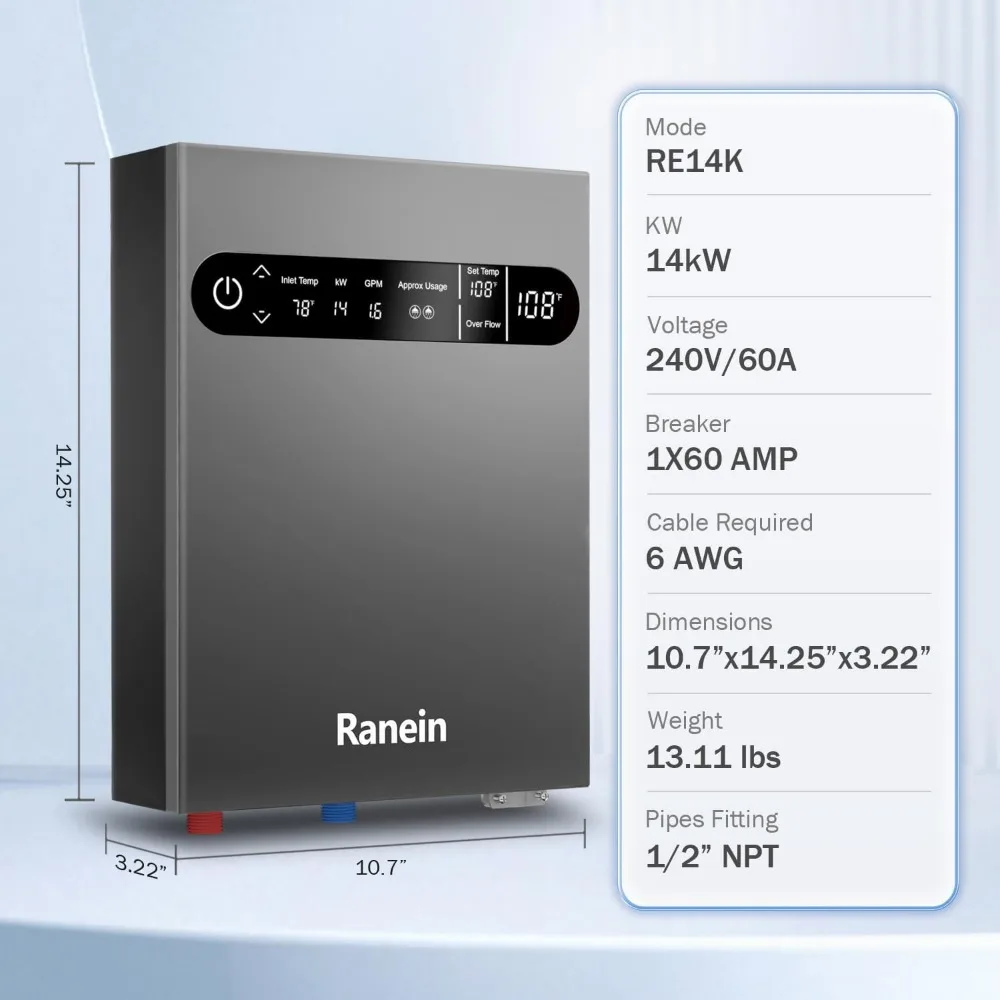
Environmental Impact of Tankless Water Heaters
In an era where environmental considerations are paramount, switching to a tankless hot water heater can significantly reduce your household’s ecological footprint. These systems are designed to be more energy-efficient, thereby lowering greenhouse gas emissions linked to traditional heating methods. By consuming less energy and avoiding standby heat loss, tankless systems help minimize fossil fuel consumption and contribute positively to the fight against climate change.
Additionally, tankless water heaters can also have a positive impact on local ecosystems. Traditional heaters often have a higher likelihood of leaks due to their storage functionality and more complex plumbing designs. These leaks can lead to water waste and may even contaminate local water supplies. Conversely, tankless systems diminish the chances of leaks since they operate on-demand, significantly reducing the risk of such environmental issues.
Considering the Installation Process and Costs
While the merits of tankless hot water heaters are numerous, it’s vital to understand the installation process and associated costs. The initial investment for tankless heaters can be higher than that of traditional tanks. Installation may involve additional plumbing or electrical work, which can result in higher labor costs. However, these costs should be viewed in the context of the long-term savings they afford.
Most homeowners may wonder if their current plumbing can accommodate tankless systems. Older homes may require upgrades or changes to existing electrical or gas lines to support the new unit’s demands. Engaging a knowledgeable contractor can provide you with insights on what modifications, if any, may be necessary. While this may seem daunting at first, professionally installed systems often yield better performance, and it’s crucial to ensure that your tankless heater operates efficiently.
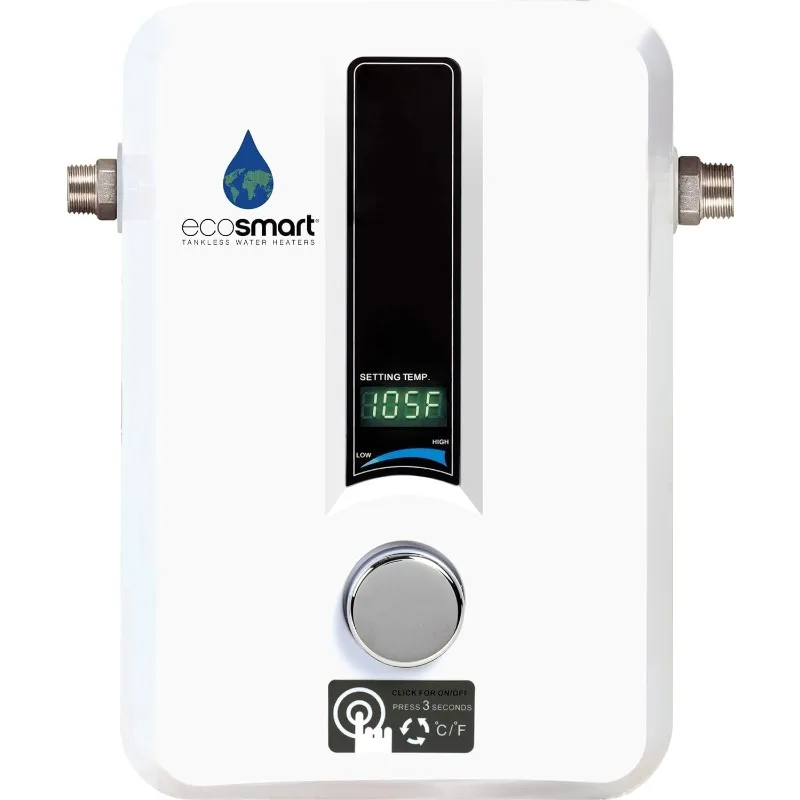
Conclusion: A Smart Investment for Modern Homes
In conclusion, the benefits of switching to a tankless hot water heater are compelling and far-reaching. From energy efficiency and lower utility bills to space-saving designs and long-term reliability, there are numerous reasons to consider this technology for your home. As society increasingly prioritizes sustainability, opting for a tankless system can significantly lower your ecological footprint while providing the convenience and comfort of endless hot water.
Choosing a tankless water heater represents a smart investment in modern living. While the initial costs may be higher, the long-term savings on energy bills, coupled with the reduced need for maintenance, make this an economically savvy choice. Furthermore, the added advantages of reduced environmental impact and enhanced space utilization make it a feasible option for many homeowners.
